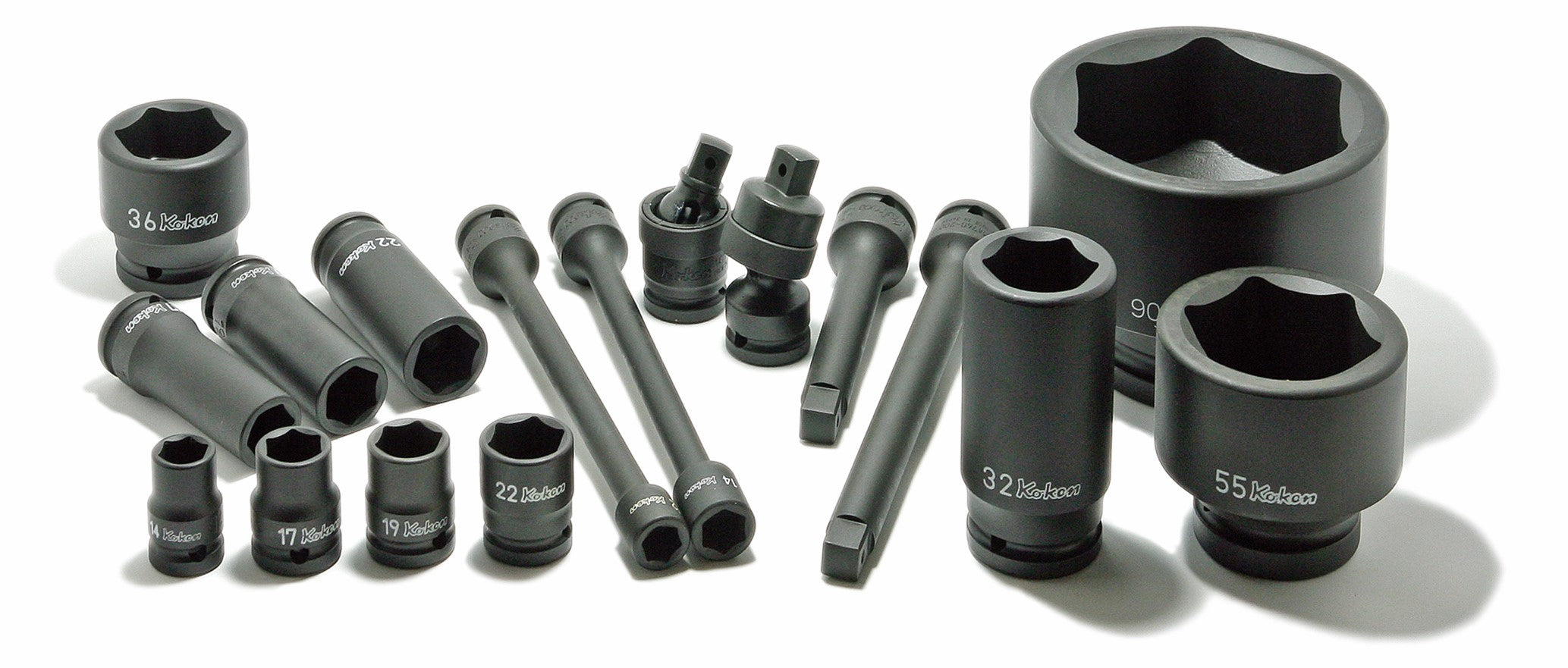Manganese Phosphate vs Zinc Phosphate Socket Coatings: Which One Performs Better and Why It Matters
Introduction
What Are Phosphate Coatings?
Key Benefits of Phosphate Coatings:
Manganese Phosphate Coatings
Key Advantages

Typical Use Cases
Zinc Phosphate Coatings
Key Advantages
Typical Use Cases
Side-by-Side Performance Comparison
Property/Feature
Manganese Phosphate
Zinc Phosphate
Title
